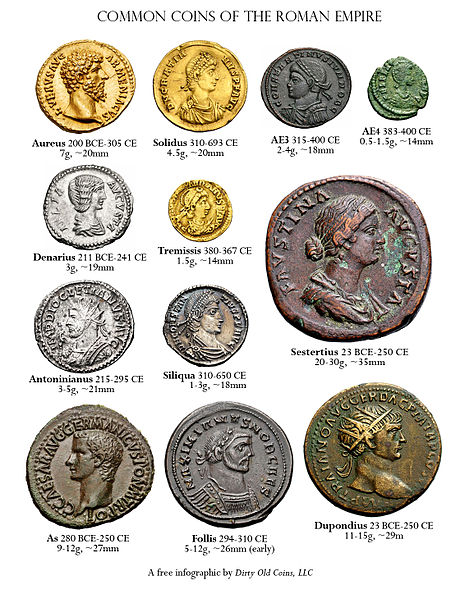Edits to the question since this answer was first posted have made it clear the the asker is using a simulationist approach to managing coins. By this I mean that the number of each specific type of coin is tracked, rather than the aggregate value, that the weight of the coins is taken into account, and being able to exchange currency is dependent upon your surroundings. This answer would need to be edited so heavily to match this paradigm that I'm just going to add this warning, leave it as-is, and post another one.
I think that whether this would be a good approach or not is going to be highly dependent upon the attitudes of your players.
How you handle currency exchange is also important. Is 100 cp really the same as 1 gp, or does it simply have the same value?
Me and My Group
Trying to do this with my players or me would not accomplish anything, as we would get no additional fun from it. In fact, I would consider it counterproductive because it would consume our time with boring details not relevant to the action. That being said, you clearly had motivation for considering this problem, so maybe your players feel the same as you.
Let me explain our viewpoint on gold coins:
Gold coins are currency. Although there are some utilitarian uses for gold in the real world, gold in most RPGs (and DnD in particular) simply serves as stored value. This means that it's only value is in its purchasing power.
As an example, let's say that a horse is worth 100 gp. In that case, I value 100 gp as much as I value a horse, and I'm as excited to find 100 gp as being able buy a horse makes me.
If instead 10 gp buys a horse, then I'm equally as excited to find that 10 gp as I would have been to find 100 gp when 100 gp bought a horse. This is the exact same level of excitement as if I'd found enough sp or cp to buy the horse.
Here's a thought experiment which may illuminate this perspective:
Assume the standard DnD currency schedule you've laid out, where 100 cp is equivalent to 10 sp is equivalent to 1 gp. You have 100 cp in your left hand, and 1gp in your right. Which has more gold in it?
I would say they have the same amount.
Similarly, if I've given a player 100 cp ten times over the course of an adventure, and at the end I ask him how much gold he has, I would expect the answer to be 10 gp, not 1000 cp or zero.
Advantages and Disadvantages
I personally don't see any advantages, but it seems that you (and perhaps your players as well) would be more excited to find gold if you found it less often. This could also be accomplished by simply giving out sp packages instead of gp packages without changing the relative value.
I do see some disadvantages. Primarily, it's an additional thing to think about and will create additional prep work. You definitely do not want that. It will also create confusion when you or your players are looking at official material, which usually lists prices in gp.
Now that I realize that you're keeping track of your money's weight, which we also do not bother with because that would not be fun for us, I see an additional disadvantage. If your players are getting mostly silver and copper then their money is going to weigh a lot more, which will introduce additional inconveniences such as figuring out how to carry a big treasure hoard and where to store all these silvers. Now perhaps this could also be an advantage, because the gold coins are now a much lighter way to carry the same value, which makes them seem more valuable.

